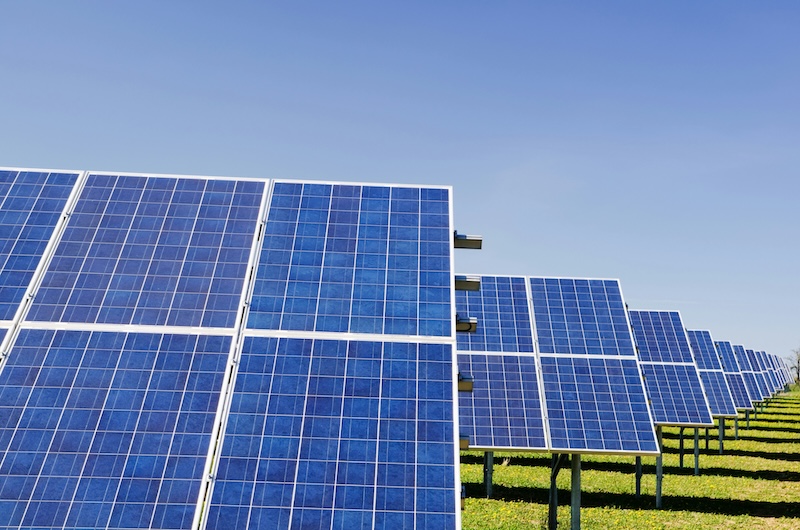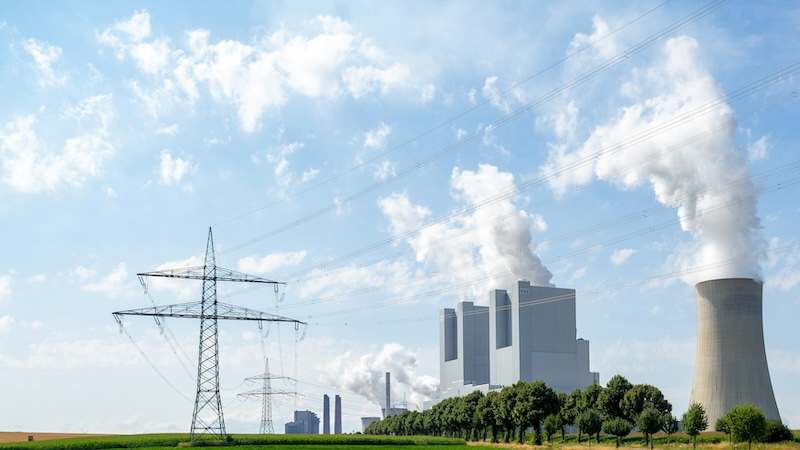Introduction: The Role of Titanium in the Energy Sector
In the energy industry, materials must meet stringent demands for strength, durability, and resistance to extreme environments. Titanium ingots, known for their exceptional properties, have become essential in various energy sector applications, particularly in power plants. But what specific advantages make titanium ingots a preferred choice for these high-performance environments?
Titanium ingots provide unmatched corrosion resistance, high-temperature performance, and long-term durability, making them ideal for critical energy sector applications like power plant cooling systems and turbines. Their use supports efficiency, reliability, and sustainability in energy production.
Let’s explore how titanium ingots address the unique challenges of the energy sector and enhance its operations.

How Do Titanium Ingots Enhance Corrosion Resistance in Power Plants?
Power plants, especially those near coastal areas, often use seawater for cooling. The corrosive nature of seawater can rapidly degrade conventional materials. Titanium ingots are used to produce components like condenser tubes and heat exchangers that resist corrosion even in highly saline environments.
In my experience, titanium’s resistance to rust and erosion significantly reduces maintenance and replacement costs. This makes it a cost-effective solution for power plants aiming for long-term reliability.
Why Is Titanium’s High-Temperature Performance Critical in Energy Applications?
Components in power plants, such as turbines and boilers, are exposed to extreme temperatures and pressures. Titanium ingots are processed into parts that retain their mechanical properties under these conditions, ensuring safety and efficiency.
I’ve seen how titanium blades and casings in gas turbines perform consistently, even in high-temperature environments, contributing to improved thermal efficiency and reduced energy losses. This makes titanium indispensable for power generation systems that prioritize performance and durability.
How Do Titanium Ingots Improve Energy Efficiency?
Energy efficiency is a key goal for modern power plants, and titanium contributes by enabling lightweight yet strong components that reduce mechanical stress and enhance system performance.
For example, in my work, I’ve observed that using titanium condenser tubes allows for better heat transfer and lower energy consumption. This not only boosts overall plant efficiency but also aligns with sustainability goals by reducing carbon emissions.

Why Are Titanium Ingots Important for Renewable Energy Systems?
Titanium ingots play a significant role in renewable energy systems like wind turbines, solar installations, and hydrogen storage tanks. Their lightweight and corrosion-resistant properties ensure reliable performance in harsh environments, such as offshore wind farms and desert solar arrays.
From my perspective, titanium’s durability helps renewable energy systems operate with minimal maintenance, increasing their cost-effectiveness and reliability over time. For example, in hydrogen storage, titanium offers excellent resistance to embrittlement, ensuring safety and longevity.
How Do Titanium Ingots Support Sustainability in the Energy Sector?
The energy sector is under pressure to adopt sustainable practices, and titanium ingots contribute by extending the lifespan of critical components and reducing waste.
Titanium is fully recyclable, making it an environmentally friendly choice for power plants and energy systems. I’ve seen how the recyclability of titanium helps reduce the environmental footprint of energy infrastructure, supporting a circular economy while maintaining high performance.
How Do Titanium Ingots Offer Long-Term Cost Benefits?
While the initial cost of titanium may be higher than other materials, its durability and low maintenance requirements make it a cost-effective investment for energy applications.
In my experience, titanium components in power plants require fewer replacements and less downtime for repairs, saving significant costs over their operational lifespan. These savings outweigh the upfront expenses, making titanium a preferred material for critical energy systems.
Claim: Why Titanium Ingots Are Essential for Power Generation
Titanium ingots offer unparalleled benefits in energy sector applications, including corrosion resistance, high-temperature performance, energy efficiency, and sustainability. These advantages make them a vital material for ensuring the reliability and longevity of power plants and renewable energy systems.
Conclusion: Titanium Ingots Driving the Energy Sector Forward
Titanium ingots have become a cornerstone of energy sector innovation, providing the durability, efficiency, and environmental benefits needed to meet modern energy challenges. From traditional power plants to renewable energy systems, their unique properties support sustainable and reliable energy production.
For me, the use of titanium ingots in energy applications represents a perfect balance of performance and responsibility. As the industry evolves, titanium will continue to play a key role in driving progress, ensuring that energy systems are efficient, reliable, and sustainable.






